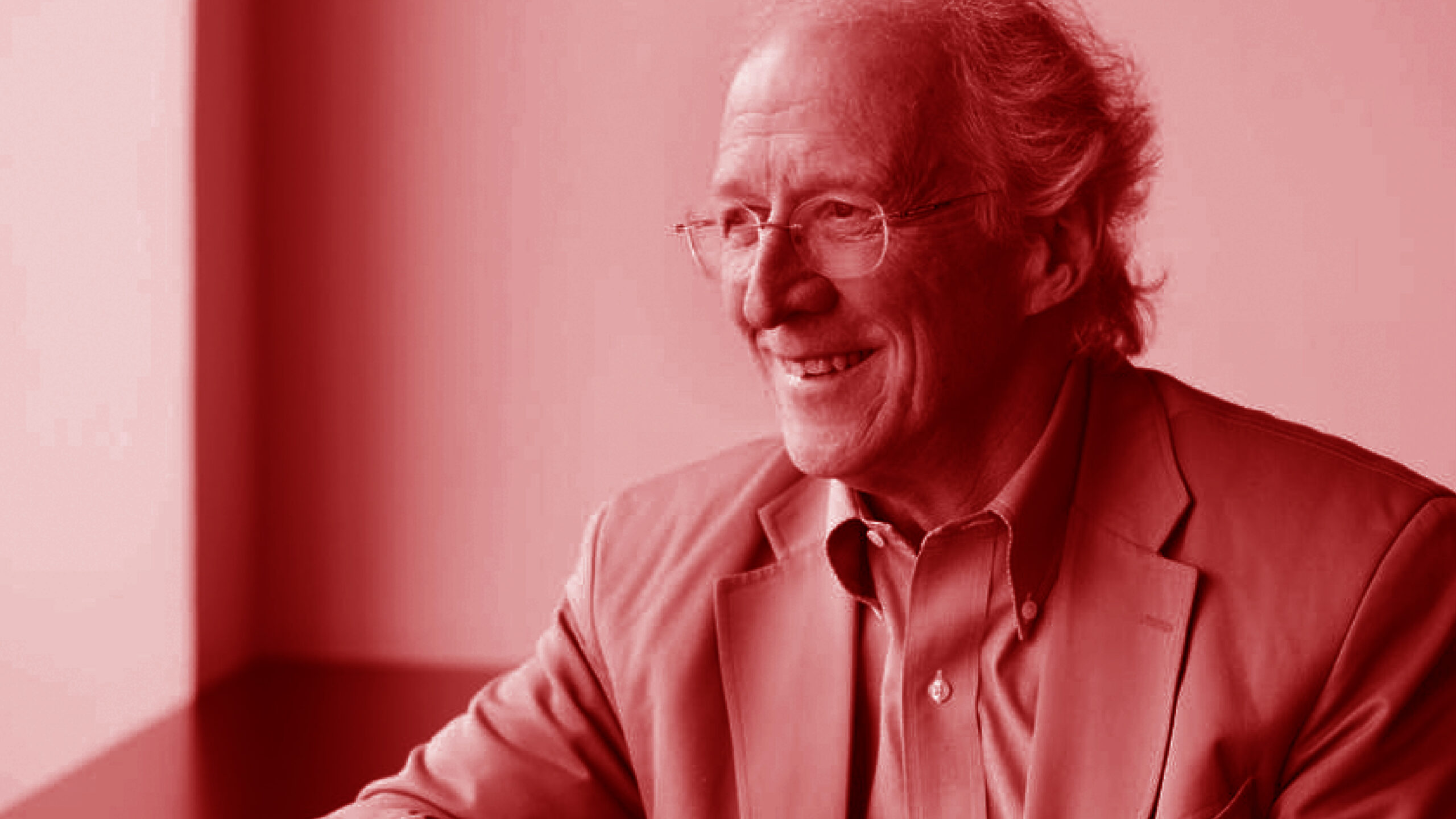
In addition to the chickens and rabbits she was already raising, they’ve added sheep.

Her parents also moved in with them into the basement unit of the house and plan to eventually build an accessory dwelling unit for them to live in long term. Since we recorded this conversation in the summer of 2021, Lauren and her husband have moved to a new home in the same area which offered them greater opportunities for their little homestead. Rather, it’s because of the candid way Lauren speaks about her life and the choices she has made to build household resilience: raising animals, growing food, mending and crafting things herself rather than buying new, and, perhaps most important of all, developing deep connections with neighbors and family for the good times and the bad. It features our amazing colleague Lauren Fisher, although that’s not why it’s a favorite. The episode we’re re-running this week is one of Rachel’s all-time favorites. Safe and Productive Streets campaign page. ADDITIONAL SHOW NOTESĪ couple of articles about Mary Jones’s quest for safer streets, from Civil Beat: “ This Diamond Head Mom Found An Unusual Way To Fight City Hall“ and “ Diamond Head Mom Who Took Over Road Riles Neighbors By Charging For Parking.” Check out our Safe and Productive Streets campaign if you want to connect more with these efforts. But we’re thankful and inspired by advocates like Mary Jones. We hope that those who come after her do not have to fight quite so hard just to ensure they can safely walk to work or school without risking their lives.

This is ultimately the story of someone who was so dedicated to the Strong Towns mission and so believed in the cause of safer streets that she did everything she possibly could to make it happen.
#Podbean ask pastor john update
But since we recorded, we also have an update to share: Jones emailed a couple months ago to say that she successfully transferred ownership of the road back to the city and county, who now plan to add sidewalks and crossings to hopefully make the street safer for everyone who uses it. You’ll hear a lot more about that process and why Jones is so passionate about making this street safer for her children to walk to school. Mary Moriarty Jones lives in Honolulu, where plenty of roads are privately owned, which is what made this story possible. This episode from August of 2021 is a fascinating story about a Strong Towns member who literally bought a road in order to try and make it safer. Support this podcast by becoming a Strong Towns member today. Visit the End Highway Expansion campaign page.
#Podbean ask pastor john how to
If you want to learn more about how to get involved in stopping wasteful highways in your city, check out our End Highway Expansion campaign.

Soeren’s coffee shop, Resistencia, has served as a convening space for advocates working on this issue, a perfect example of how a neighborhood café can create so much benefit for a city-not just in providing jobs, providing local goods, activating a storefront-but also in being a “third space” where people can get together and work on making their city stronger. But we’ve been thinking about this episode recently because John also let us know that Coté and Tim have been leading an effort called Reconnect South Park to tear down a harmful highway that cuts through the neighborhood.

In the podcast you’re about to hear, the focus is on a wonderful neighborhood coffee shop that Soerens opened to be a gathering place in her community of South Park in Seattle. This episode, which we published in May of 2021, came to us because Strong Towns Community Builder John Pattison is friends with the guest, Coté Soerens and her husband, Tim. While Rachel is on maternity leave, we’re re-running some of our best and most popular episodes of The Bottom-Up Revolution podcast.


 0 kommentar(er)
0 kommentar(er)
